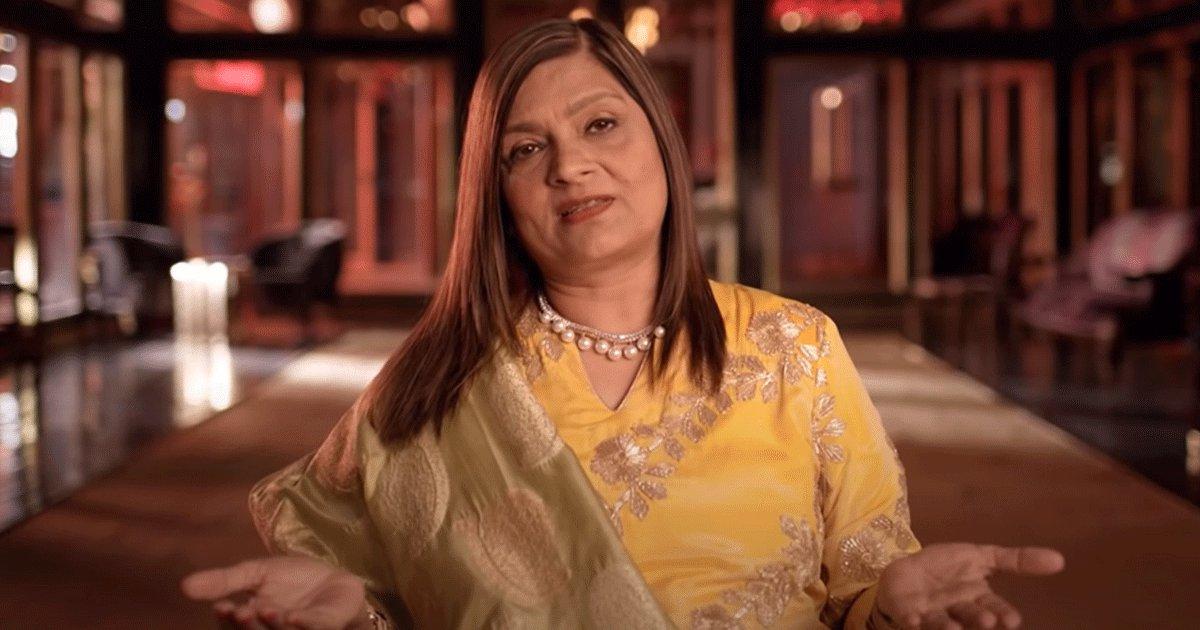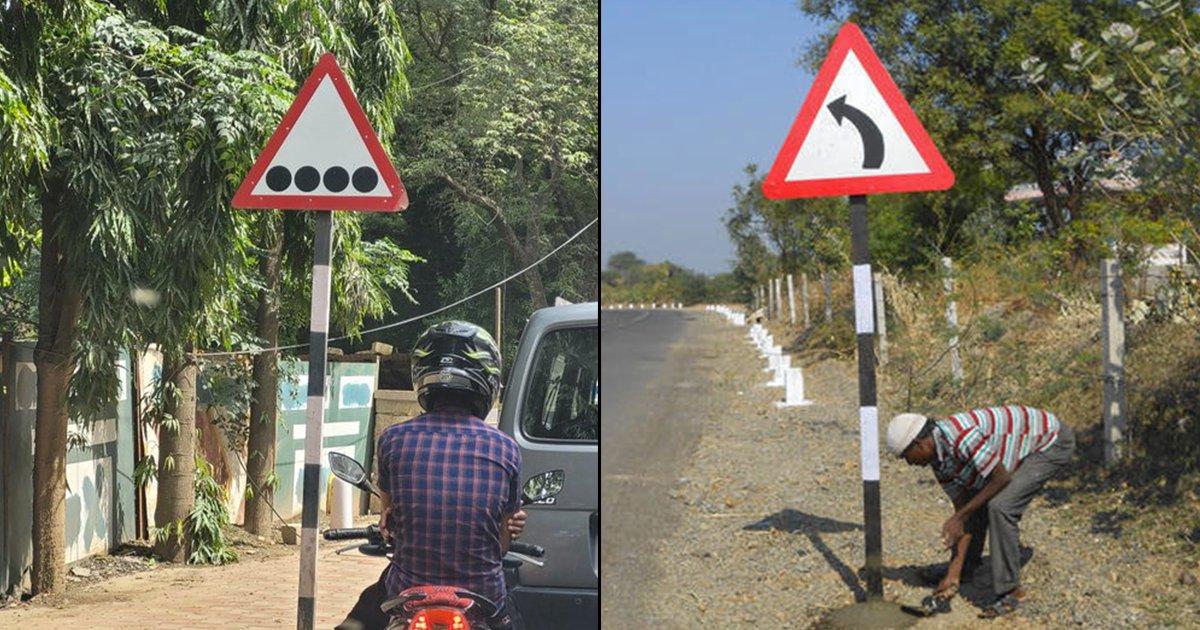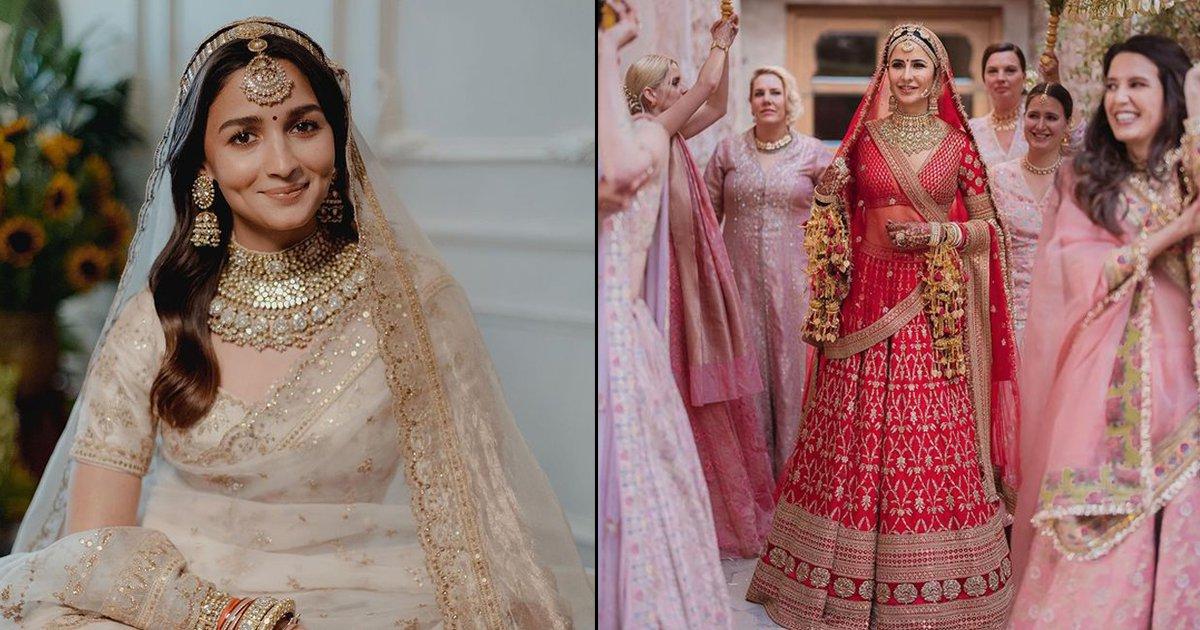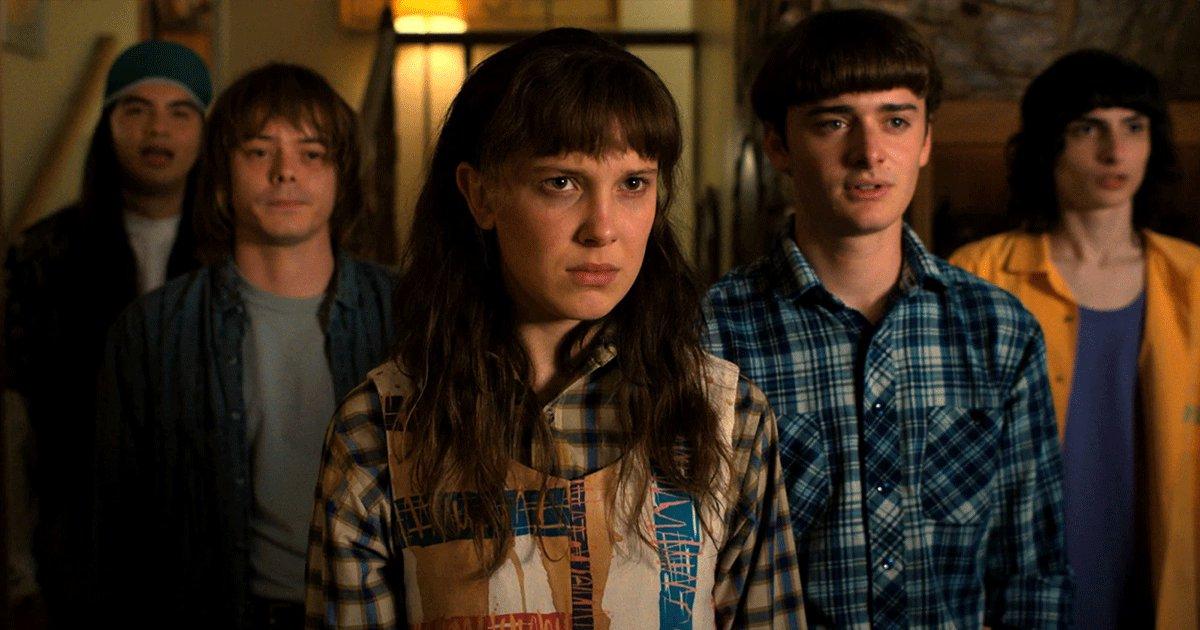In one of the many narrow by-lanes of Varanasi, stands an old woman in white. Her back’s bent, perhaps by circumstances, or maybe it’s just the age. Her skin is wrinkled, her body frail, the blue-green veins on her hand starkly visible against her dark wheatish complexion. The remnants of her glorious white hair are tied up in a bun and her eyes are cloudy with cataract. Her forehead is smeared with white paint, in some sort of a religious design. Her tiny, feeble arms are stretched out, with open palms.
But she is not alone. There are about 20 women, all lined up against the wall of the temple, some of them sitting, and others standing with whatever strength they have.
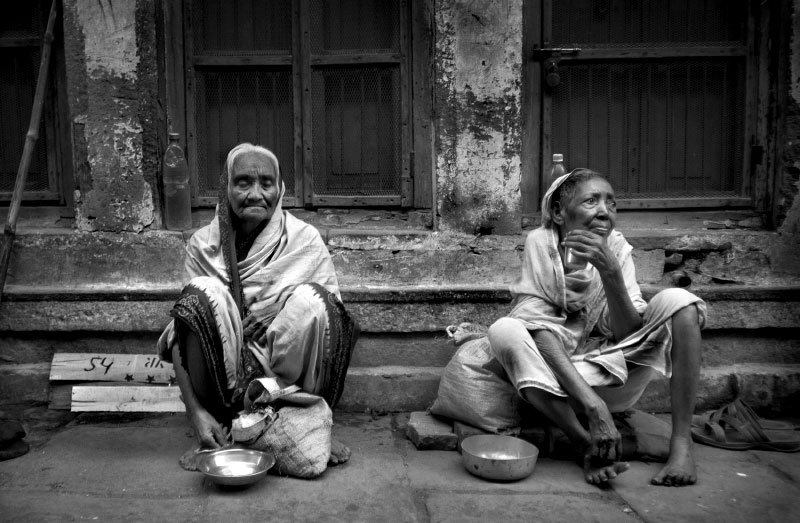
Some of these women are as old as 80, and some as young as 20. But all of them are clad in white sarees, their foreheads smeared with the same white paint and their eyes bereft of hope. Their hands stretched out, begging for alms, for food, and for whatever a passerby is ready to part with.
These are the widows of Varanasi.
Soon after their husbands pass away, their lives are rendered meaningless. They are forced to wear the ritualistic white garb and stripped off whatever individuality and normalcy they have left. And as soon as the white cloth is worn, they become pariahs.
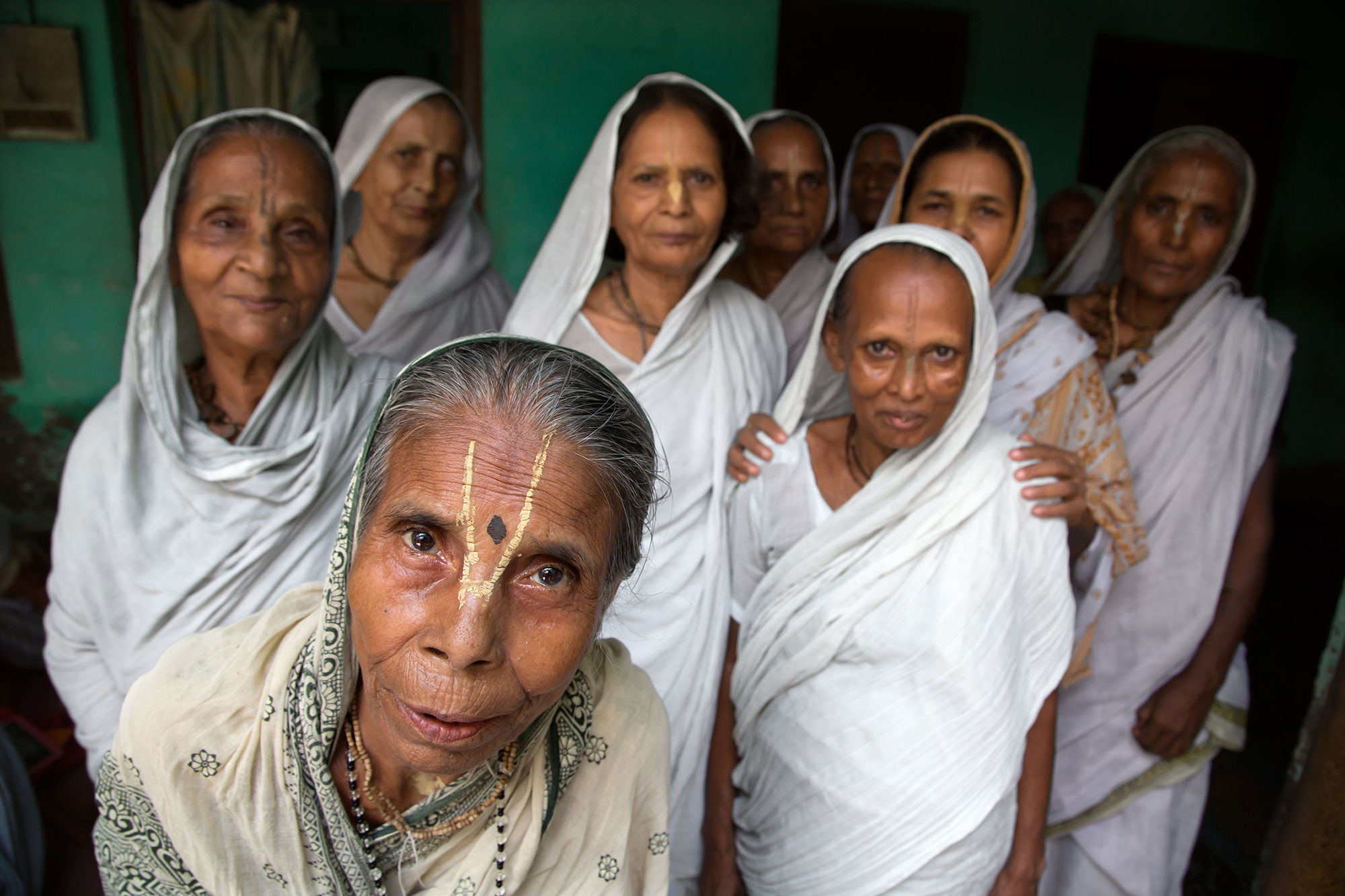
Intolerable, unimportant, inauspicious members of the society who have nothing good to contribute. Why? All because society has decided that they are worth zilch without their husbands.
To add to the shame of the white garb, they are required to shave off their luscious locks and wipe clean any vestiges of being married. Any and every evidence of them ever being happy is washed away in the holy waters of Varanasi. And soon, they’re driven out of their own homes (or at least what they thought was one).
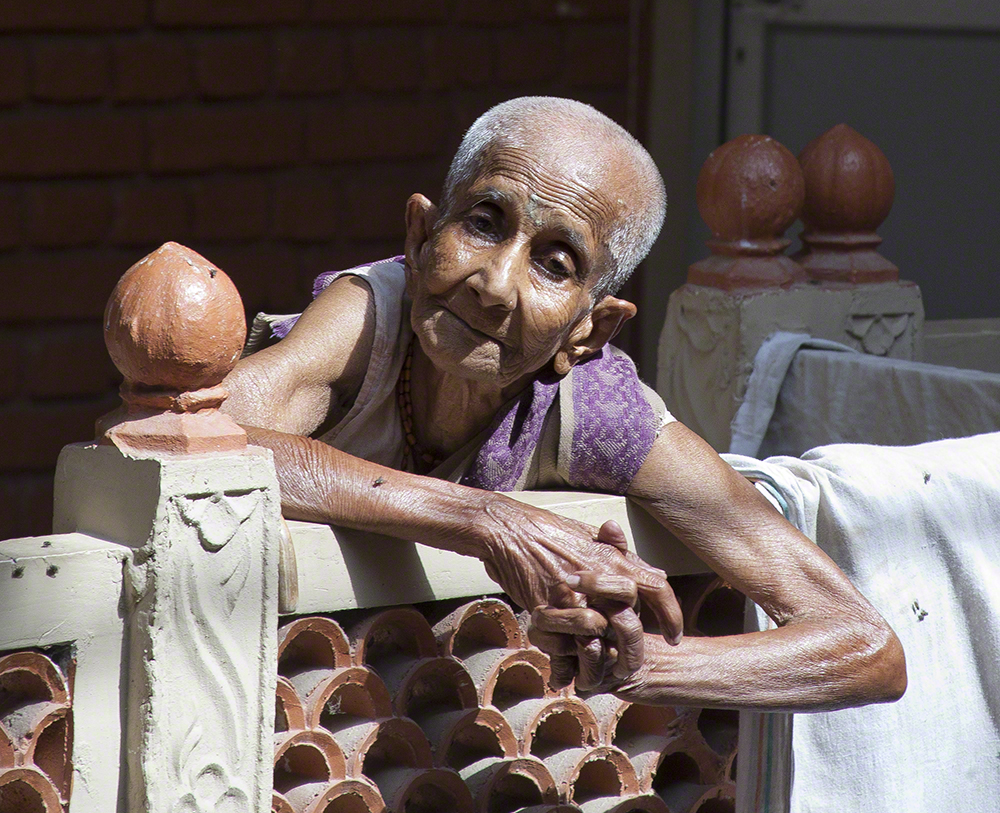
Our religious supervisors or God men, if you may, are quite clever. They’ll quote (read misquote) anything from the holy scriptures and get their way with things.
How else can one justify a ritual as horrific as Sati? One might think that such customs are in the past now but nothing’s changed really.
Now, instead of jumping into the funeral pyre, widows spend an entire lifetime living in the decrepit ashrams of Varanasi. They’re marginalized, ostracized, treated with disgust, driven away from auspicious ceremonies and looked down upon.
While the older women are forced to beg for every morsel of food, the younger ones are forced into prostitution. Both reaching their inevitable end, all in the hopes of moksha.
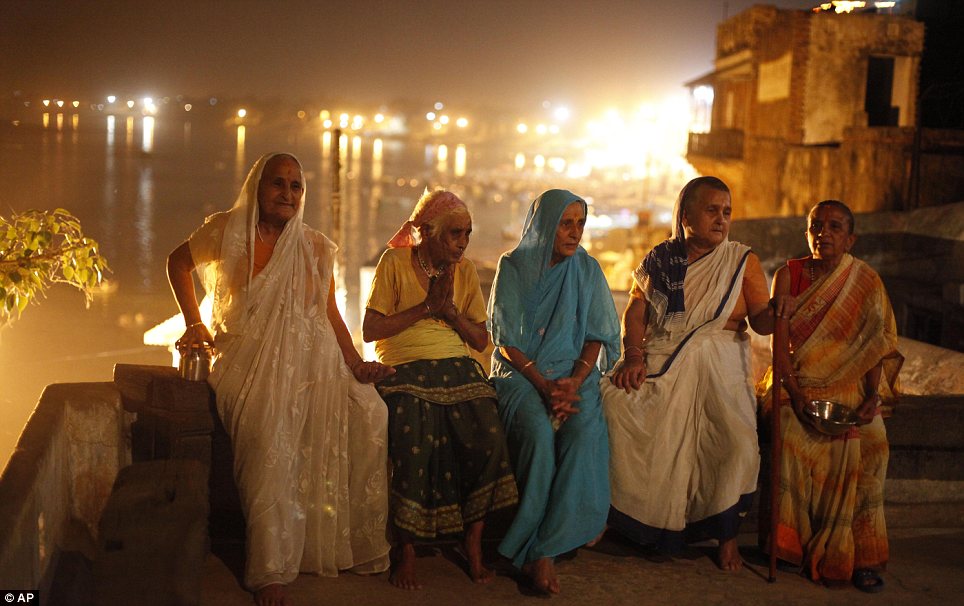
Thanks to some misogynistic verses from Brahmanical texts like Agni Purana, Manu Smriti and Vishnu Smriti, women have always had a second class stature in society.
Agni Purana 222.19-23 states:
“…The widow who practices self-control and austerities after the death of her husband, goes to heaven…the widow who burns herself on the same funeral pyre with her husband also goes to heaven.”
They are nothing more than some commodity to be possessed through way of marriage, then displayed as a trophy amongst other achievements.
Manusmriti; Uchayangh 3/11 states:
“Wise men should marry only women who are free from bodily defects, with beautiful names, grace/gait like an elephant, moderate hair on the head and body, soft limbs and small teeth.”
And as soon as they’re done serving their purpose, they’re disposed off. Mothers, sisters. daughters, all ousted from their homes, blamed to have ‘eaten’ their husbands and often treated worse than animals.
Manusmriti Kamam to 5/160 states:
“At her pleasure [after the death of her husband], let her emaciate her body by living only on pure flowers, roots of vegetables and fruits. She must not even mention the name of any other men after her husband has died.”
The widows of Varanasi have nothing to fall back on. No law to protect them, no governmental scheme to help them from living a life of absolute poverty and neglect.
While the The 2007 Maintenance and Welfare of Parents and Senior Citizens Act provides some respite to older women, it still has loopholes; a major one being a mere 3 months jail and a small fine for not being able to adhere to the act.
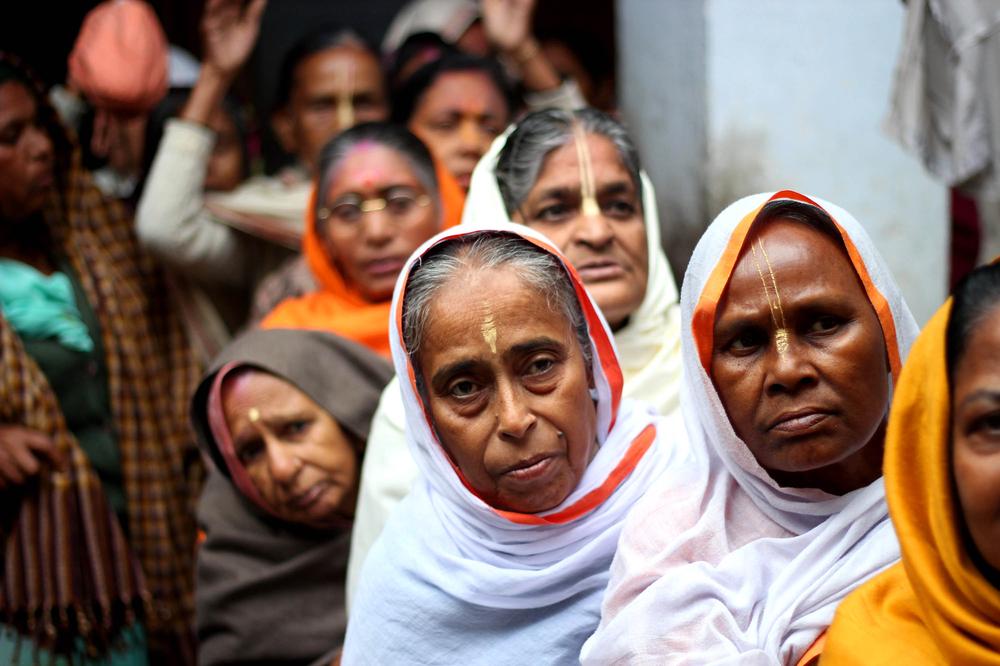
Yes, there are multiple organisations helping these women financially from time to time, providing them with a means to a livelihood and giving them some stability so they’re not on the streets begging for food everyday.
But is that all that they deserve?
Don’t they have the basic right to live a life they want to?
To remarry if they please?
Just to exist and be happy?


































